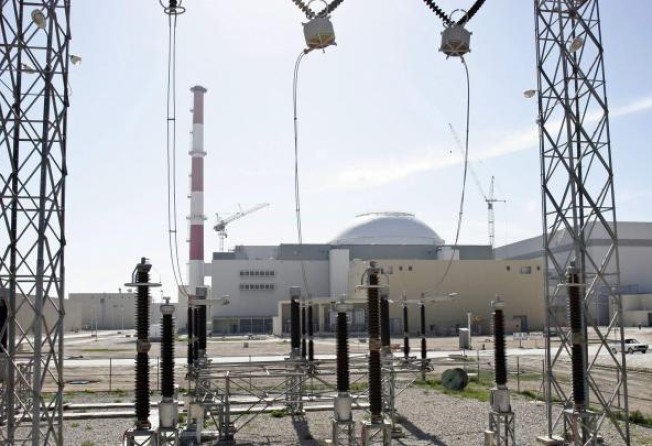To resolve nuclear stand-off, better to understand Iran's needs
Shlomo Ben Ami says sanctions and ostracism won't thwart nuclear ambitions, now or later

No one really believed that the latest international negotiations with Iran over its nuclear programme would produce a breakthrough. So it was no surprise that they did not. America's belief that a harsh sanctions regime could coax Iran into a deal has proved - at least so far - to be unrealistic.
Despite being isolated and ostracised, Iran has managed to gain some strategic breathing room with the help of countries like China, Russia, India, Syria and Venezuela, allowing it to resist Western pressure. More important, even though the sanctions regime led by the US is bound to be imperfect, it only further hardens Iran's resistance to "America's designs".
To be sure, Iran's alliances are vulnerable to erosion and, in the case of Syria and Venezuela, to outright collapse. Even so, Russia and China view Iran as a tool in their global competition with the US.
China's Iranian interests boil down to economics. Bilateral trade stands at about US$40 billion a year, and China is not only Iran's largest customer for crude oil, it is also a colossal investor in Iran's energy and transport sectors.
Russia's economic interests in Iran are fairly modest. But it fears Iran's ability to cause trouble, particularly by stirring up unrest among Russia's Muslim citizens.
The problem with the US drive to have key stakeholders join its anti-Iran crusade is that some of them live in neighbourhoods where Iran is an important factor. India is a case in point. India is certainly alarmed at the possibility of Iran developing nuclear weapons, but its US$14 billion in annual bilateral trade and dependence on Iranian oil are key strategic considerations.
The equivocal nature of Iran's alliances, however, can be a mixed blessing. Yes, a harsh sanctions regime might still gain additional supporters, but an Iran with its back against the wall would probably be even more obstinate in its nuclear drive.
North Korea shows that defiance, rather than accommodation, is a strategy that works. Iran will not consider abandoning its nuclear insurance policy unless a broad agenda is agreed on that addresses Iran's concerns as a regional power and secures the immunity of its Islamist regime from US action.
Albert Einstein's definition of insanity as "doing the same thing over and over again and expecting different results" could be applied to America's Iran policy. The diplomacy of sanctions, ostracism and brinkmanship has failed resoundingly. As Iran's uranium-enrichment and other weapons-development activities continue unabated, the US needs to make a break with the old rules of engagement.
Shlomo Ben Ami is a former Israeli foreign minister who now serves as vice-president of the Toledo International Centre for Peace. Copyright: Project Syndicate